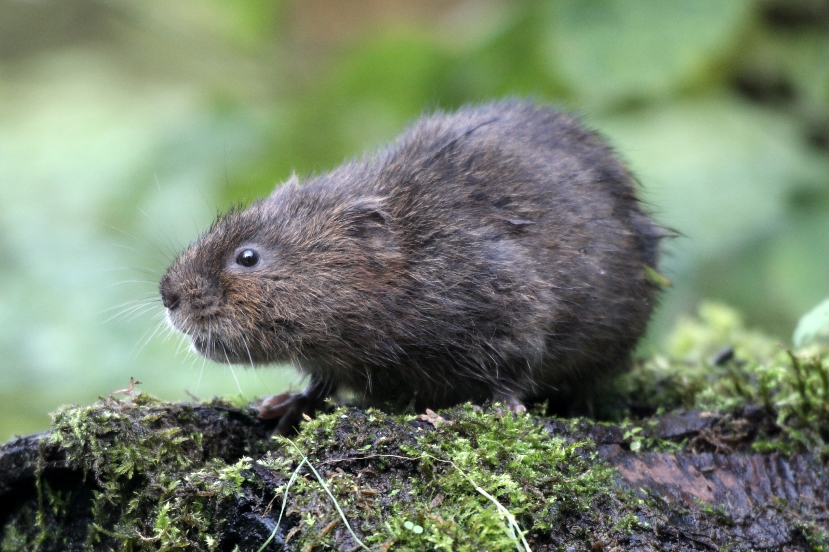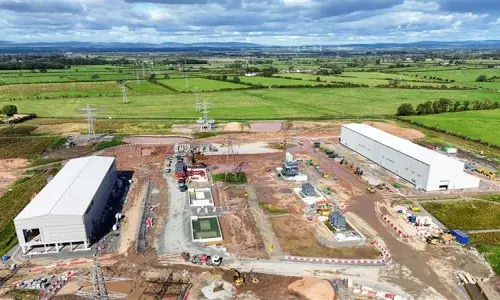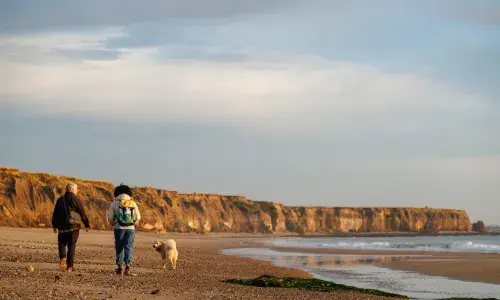
Hinkley Connection Project – celebrating biodiversity success on World Environment Day
Biodiversity is the theme of World Environment Day on 5 June 2020, which highlights that with more than one million plant and animal species facing extinction, there has never been a more important time to focus on the issue of biodiversity.
Teams from National Grid’s Hinkley Connection project, which will connect more than six million UK homes and business to low carbon energy, are working hard to make sure habitats and plants can thrive in the areas they work in.
- A £20,000 community grant has been awarded to Bristol Avon Rivers Trust and Somerset Wildlife Trust’s year-long study into the effect of American Mink on native water vole populations in Somerset.
- As part of preparation work for the installation of underground cables between Nailsea and Portishead, more than 350 great crested newts and 1000 smooth newts have been relocated to safe areas.
- Four new barn owl boxes have been installed at Portbury Wharf Nature Reserve near Portishead.
- 2400m of bat flyways have been installed where hedgerows have been disturbed, maintaining habitat connectivity for bat roosts and protecting Somerset’s 16 species of bat.
- National Grid has partnered with University of West of England (UWE) to fund a full-time PHD to research the most effective ways of mitigating construction impact on bat populations. Jack Hooker will be the project’s ‘batman’ on the project. His findings will help inform future construction projects and help local planning authorities.
- We installed a specially designed ‘tilting weir’ in Tickenham to raise water levels to encourage wading birds to nest and breed.
- Working with landowners within 3km of the cable route, we have planted more than 330 trees, more than 2800 linear metres of hedgerow and 880 square metres of woodland so far. Any trees or hedges removed as part of our works will be replaced at a ratio of 4 to 1 along the route.
Simon Hunter, Head of Operations at Bristol and Avon Rivers Trust said: “We are pleased to be working in partnership with National Grid and Somerset Wildlife Trust to monitor the number of American mink throughout the River Chew catchment and Avalon Marshes.
“The results of the study will help us develop a programme to remove mink from the area. As well as working towards increasing populations of water vole, removing American mink from the ecosystem, is likely to help increase populations of other native species, including fish and nesting birds.”
Leading UK Bat expert, Dr Paul Lintott who is supervising the PHD project said: “This is an exciting opportunity for us to work with industry to ensure that our research produces timely and useful applied outcomes. Bats are vital for maintaining the health of our ecosystems in the UK, yet mitigation work is often costly, time-consuming and its effectiveness is rarely tested. This innovative project will therefore provide greatly enhanced confidence that future conservation strategies for bats are cost-effective, reliable and evidence-based.”
James Goode, Hinkley Connection Project Director said: “Minimising our environmental impact and supporting wildlife and habitats on and around our infrastructure is a crucial element of the Hinkley Connection Project and I’m delighted the work we are doing continues to promote biodiversity and its importance.”
Visit the Hinkley Connection website for more information
For more information please contact:
Helen Blake
Press officer
e:[email protected] t:07790 824788



